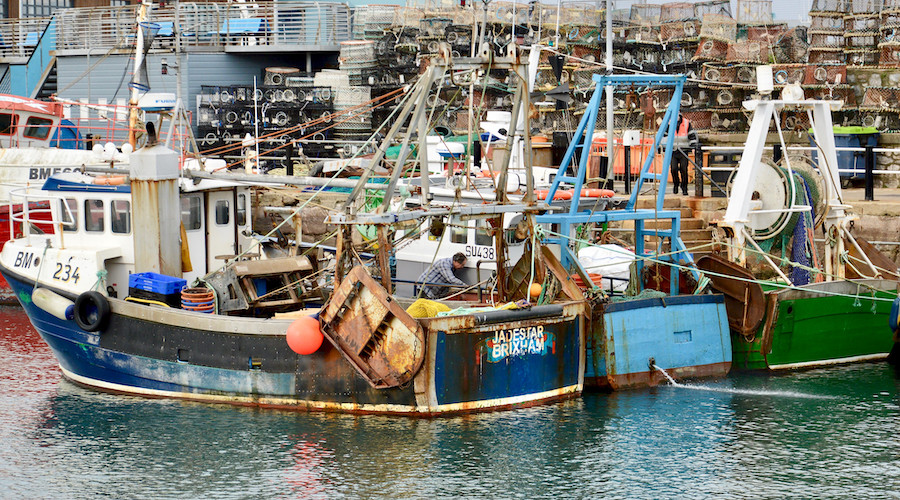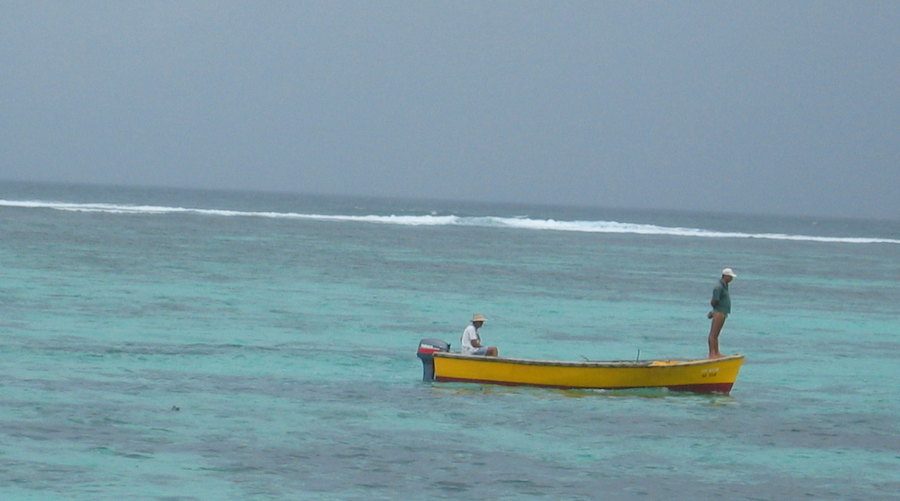
Fishing boats in Brixham harbour, UK. Photo by Dave_S, Flickr.
The United Kingdom has a unique opportunity to start rebuilding its fish stocks by taking advantage of the slowdown in commercial fishing caused by the COVID-19 pandemic and ongoing Brexit negotiations that should lead to new policy and legislation.
A new paper by researchers with the University of Southampton, the GEOMAR Helmholtz Centre for Ocean Research and the Sea Around Us initiative at the University of British Columbia presents a science-based pathway for decision-makers to develop a holistic approach in fisheries management by harnessing the present moment in which threatened stocks are seeing fishing pressure reduced to levels not seen since World War II.








